⊛ No Offense | John Pugh, Pugh Management
Where development meets creative
If you’ve been following The NWS beat, then you know that we’ve been working hard to make real estate development more aligned with the best practices in consumer product development.
What does that mean? For our built world to be consumer-centric, culturally relevant, and brand forward: for the design of a place to have the same rigor and user-responsiveness as the design of your favorite gadget; for the launch of a community to be like the launch of a new something cool from a beloved company; for the service of your space to uphold 21st century customer service standards.
A big part of this journey–bridging the gap between CRE development and consumer product fundamentals–is understanding the developer mindset. We want to back-translate the major pieces of innovation, brand and design into CRE-speak. All, so that creatives and developers can come together to build places people love.
To this end, we invited John Pugh of “The Lineup“ — a thought-provoking commentary on CRE, catered to upstart developers — to help us metaphorically touch grass. To learn from one of the more placemaking-forward developers on how the rest of the crowd thinks.
John Pugh
Owner of Pugh Management
So to kick things off could you tell us about yourself and how you got into real estate and what you're up to and all that?
John: Absolutely. I stumbled into basketball by being 6’10” when I was 15 years old. I played professionally in Australia and before I went overseas, I met this gentleman who was a real estate developer. I remember I never met a developer before and I said to myself I could totally do what this guy does. Why wouldn't I strive to be somebody who can have the ability to do what they want, invest in what they want, and build things that people can love and enjoy and experience.
Long story short I ended up going to architecture school at MIT and got a masters in architecture degree. I got out and then fairly quickly transitioned over to real estate development and worked for a large firm in Boston. A great business. They really knew their stuff. I learned a ton and worked on a $1.5 billion project in the Fenway neighborhood. I then went out on my own and ended up in real estate development. I've been doing development now for nine and half years.
Part of this discussion is to uncover different perspectives on what the idea of brand means to Real Estate. It’s fairly new to our world. What do you think a brand is?
John: Brand is meant to represent the mission and culture and idea of what a company is supposed to be about. There can be a lot more to brand than visual identity in the real estate space because your brand is represented by your design decisions all the way down to selecting furniture for your common spaces and art and paint colors, right? I think there's a lot more to the brand than is necessarily discussed. I mean most of the time, as I'm sure you're very familiar with, the brand is “shit, we need a logo.. what are we gonna do? Let's call the graphic design guy and get them to slap a logo together” and “shit, we need a name for this development. What are we gonna call it?” I enjoy that process because it's fun and creative. I don't get the impression that a lot of other people do. For them, it seems like an afterthought.
It's not really a knock on the spreadsheet guys and gals. But I think a lot of decision makers are stuck in a spreadsheet and they're not necessarily out in the world trying to come up with new ideas and there's a lot of copy and paste…and that's okay, I think to some extent for certain types of companies that have commoditized products. But if you want to stand out and have a differentiated product, which I certainly do, I think you have to be thoughtful about the brand.
Why do you think many real estate developers don’t think like you?
John: I think most people don't have a lot of choices about what they can do. And so they end up working for a developer who is focused on deploying capital. There's a lot of pressure to deploy capital into good investments and good investments are not always the best types of buildings. The brand kind of gets watered down. I think somebody might go into it thinking: I want to create. Then, slowly but surely the attorneys come in, the finance guy comes in, and the limited partner decides to show up…and they don't want to spend time talking about what the lobby is going to look like, they don't want to spend time talking about how great the amenities are, or how great the building interacts with the street.
There’s also a lot of development shops that are family businesses that get handed down over time. And so at first somebody's really excited about development. They go charging out there and…they make a couple bucks and then they build the business and then it gets bigger and bigger and there's a team with people and then slowly that person kind of pulls back. The next generation comes in and they're handed a pile of assets that they have to deal with and projects they have to develop and maybe they didn't really want to be in development. I think the passion kind of has to be there.
We just wrote a piece about the difference between an asset mindset and product mindset. We’re finding more of our developers going into projects using asset language and thinking in terms of assets only. In our minds, assets don’t have individuality. They’re not exciting. They’re fungible. They can be pegged to the cost of gold…all those things that take out the humanity of what you're building. On the other hand, if you think about real estate from a product mindset, at least then you have to think about utility and brand. The irony of it all is that a really good product makes an exponentially better asset. What do you think about this relationship between asset and product?
John: yeah, but I think there has to be room for both. Everything can't be an amazing product. Everything is not the iPhone right? There's got to be a crappy Android in there somewhere. I mean, there's got to be room in architecture and design for background buildings. So every building can't be an amazing trophy asset. But it doesn't mean there should not be more.
I do think real estate has to be thought of as an asset because otherwise no one's gonna give you any money to do this. But you're right. The initial concept should always be product first. But that's just me. I don't know if everyone would agree with me.
I know people who manage billion dollar funds and they don't wake up in the morning and say what's this amazing product? They say to themselves, ‘holy shit I have a billion dollars I need to push out the door. Where are we gonna put it and who am I gonna call to get that money invested in a safe place with a reliable developer who's gonna give me my money back plus the return.’ I think it's just a different business model.
Here's a current event weaved into this discussion. LVMH is getting sued in Italy because they produce their Christian Dior bags for 50 bucks and they sell them for $2,800. So there's a $2,750 markup that’s presumably based on brand and goodwill. That brand value opportunity exists in Real Estate, don’t you think?
John: I think a great example of that is all the towers being built in Miami right now that are branded products like Fendi and Gucci. People want to be associated with these brands and they're willing to pay probably millions of dollars more than they would for typical apartments. So if you're in a space where you can buy a $12 million apartment, but you're thinking, look there's a $5 million apartment here and it's got a nice view and whatever but I can live in the Gucci building. I'm going to spend an extra three four million bucks to live in the Gucci building.
I don't particularly like identifying with a luxury brand like that. But I think there's people who absolutely do, and it would be interested. I think your question is more along the lines of can you create a really cool brand that is all about quality and lifestyle that would allow for a meaningful markup. I don't necessarily know if that scale of a markup is necessarily achievable.
Why do we have to create a metaphor to achieve a markup? Why use fashion as the vehicle to create the brand identity connection that people so crave? Can’t we create a new spatial brand that maybe doesn’t get the same prices as those Porsche building penthouses but could consistently see much bigger returns than the competitive set? What we’re seeing now is very few people invest in brand and instead build one-of-one buildings that never extend to another building or market. It’s somewhat baffling.
John: I think because multifamily is for the masses. And the masses don't pay extreme markups for their homes. Similar to why the best selling vehicle in the United States is the Ford 150– it's not in Mercedes-Benz or whatever is beautiful. People can afford the F-150 and it works right? I think there’s a demographic slice where [brand value] really works. We talked briefly about this apartment building that we built in Lincoln, Massachusetts. People thought we were crazy because we were designing it with high-end finishes…such nice finishes. We were catering to a very specific group of people that could afford to pay rent, probably 20% higher than the rest of the sub market. It worked, people showed up, paid higher rent and we sold it for a record price–because there was a branding aspect to it and we were focused on quality and so on and so forth. But it was a very very specific group of people that could pay.
I can tell you that Avalon Bay is one of the biggest multifamily owners in the country. I see an Avalon Bay Community–at least when I was renting apartments– and I would say to myself: ‘ I know that name I’ll rent from them. I had a good experience with them.’ So there is some of this going on. It's not the same as boutique hotels, where the brand is kind of representative of a lifestyle that maybe people aspire to.
Interesting …we don’t think that income has anything to do with brand. Take your F-150 example. That’s actually a relatively expensive product to a Toyota Tacoma or something else in that class that’s much cheaper. The difference is, Ford did the job of building a brand. It’s prolific largely because of brand. We’re finding it challenging to convince developers on the value of brand because the term is very much associated with the highest end products. Why do you think that is?
John: I think you make a good point. Ford is a very highly respected brand… it's known for quality. I think you’re right: I associate a brand with something that's a higher-end product. But that being said, developers don't necessarily see the value of a brand. A lot of developers are Merchant Builders and they build and they sell. That's a very different model from an Avalon Bay that owns and operates; a company that has a pretty good reputation for managing things in a quality way. When a developer builds something to sell, they don't care what the thing will look like in five years. They're trying to sell it so they can make a profit and go build something else…I think part of that process ends up devaluing the brand as a result of it because they don't see they don't see it as their permanent thing.
We want to understand how you think about brand within the context of different parts of placemaking. Can you assign a number–1 through 5, 1 being “I don’t think about brand at all” and 5 being “I totally associate that idea with brand”– to each concept?
First up: the architectural design of a building
John: 5 – What you’re really talking about are the physical parts of the building. What that looks like represents what you’re trying to communicate to the world.
I’ll tell you, that’s surprising based on most of the developers we encounter. Because they were provided some sort of design concept in the entitlement / approvals process and the idea of brand doesn’t even cross their minds. They are predominantly focused on the right number of units for the business model.
John: I’m not discounting that work. That’s where you generate the economic value for your building. You obviously have to figure out how many parking spaces you have, and what are the sizes of the units, and how wide is the hallway, and what’s the size of the elevator…but all of that represents the brand that you’re building. That’s the thing about design in architecture. You have to think about multiple scales, right? You have to think about the door handle all the way to the size of the building. You have to zoom in and out. People can be on autopilot in decision making or they can step back and say: ‘okay, what do we want to build here?’
Second: Interior Design
John: Probably a 4 or 5 – It’s a high rating, whatever it is. Because [Interior design] represents the experience that people are going to have in your common spaces right?
Third: Leasing
John: To me, like I said before, brand should be involved in everything. So leasing is: I want to get people in at a specific price point, and the people at a specific price point expect a certain level of service–availability, communication, attention to detail. All of that is part of your experience of the property and should be considered thoughtfully. Do I think that is what always takes place? Probably not. Keeping an eye on who you hire for those roles is super important. Just like your maintenance engineer and your property manager.
We wrote a piece about Property Management and one of the things that we find interesting is that there are very few industries where the people who create the product are more often than not completely different from the people who service the product. That drop off is pretty substantial from a brand standpoint–because the management team is stretched across many different properties. For them, the way that they scale is by delivering the same. But for you, you want the experience to reflect an ad hoc, new brand…yet you’re dealing with commodity services. What do you think about that?
John: When you get to a national level company so much of that experience comes down to the leadership at those companies and what they value and how they manage their people. Those are large organizations. It’s like going to a family owned restaurant and the owner greets you at the door and they’re happy to see you and they know your name and then going to McDonalds and the person messes up your order and doesn’t say they're sorry. When you get to a certain scale, it’s hard not to create commoditized experiences and I don’t know necessarily if it’s the wrong thing.
In my mind, everything can’t be this amazing boutique hotel in downtown Chicago. There has to be Motel 6 and Days Inn. And yes they can be made better by thoughtful brand and product level thinking–and they should be–but when you get to a certain scale… I don’t have an answer. It’s all clearly derived from who’s involved in the organization and how decisions are made.
When you’re working on that scale, you can’t have the same level of ownership because you don’t have the same level of ownership.
We’re always thinking outside of the built world. An example from that same piece that we wrote is Apple. In Mid-Aughts, we had Macs and PCs and when our PCs would break we would have to call Acer or whatever company and go to Best Buy and wait in line at the Geek Squad and inevitably it was a drive issue and it would never be fixed. That was their service brand. But then with Apple, we would make an appointment online, they’d have our Apple ID’s, the check-in was seamless, and when you got to the store, they’d welcome you like a first class guest. That was Apple’s service brand. And at the time, they were one of the largest and most valuable companies in the world.
What we find challenging to grapple with is that the scale of these large development companies is also big but the service that they’re getting from the third party is exactly the same as the third party delivers to every other client. Why can’t these development companies design or demand a similar service brand?
It seems like the expectations we have in real estate are much lower than what we would have in any other consumer product category but our product is more expensive, intimate and valuable. Is this a product of using third party management to solve for first party brand issues?
John: I think it’s a great point. I think it's very easy to have that disconnect. When somebody fumbles the ball and they're a third party, they just find another third party. As much as I remember moving from the PC to the Apple world I remember thinking that at least I can go to someone to solve my problem and I wouldn’t have to sit on the phone with Acer or go to the Geek Squad. Is there someone with the initiative or drive to create that type of business in real estate? Steve Jobs was extraordinary in a lot of ways. I think your thinking makes sense but I don’t know why it hasn’t been done in this industry.
Speaking to the third party thing, there’s a lot of incentives to separate different groups and pieces of the real estate puzzle and different legal entities because of regulatory issues, legal issues, liability issues…all of these things wrapped up in development. There’s also: some people are just really good at property management and that’s what they want to focus on. The people who do property management and development are not necessarily the same personality type. Development is ‘how do I get a hold of this land, come up with a plan to get it approved, and get it financed and built.’ There’s nothing about that business that is service oriented. I think that mindset is somewhat responsible for some of the issues that we’re discussing.
Last question. WTF is placemaking?
John: I personally think placemaking is about creating spaces that are both useful and memorable; that are special in some way. Here’s an example: I grew up in Northern Virginia near Washington DC. There was a place called the Reston Town Center… new urbanist principles on placemaking. It was built in ‘90 or’ 91. I remember going there when I was 13 with my friends, walking around trying to talk to girls, going to the movies, ice skating…it was a place that we could call our own and identify with those experiences of being young and going out. To me, that’s a great place. There’s also [great] places like The Spanish Steps in Rome. There’s a hill in the middle of the city and there’s steps and people go there to hang out. It’s near some shopping and restaurants… Placemaking typically has a variety of uses, many times incorporates a public space and some type of art or cultural icon and experience. To me, there's a handful of elements that create a place. It’s something unique and memorable that people care about. But everyone has a different definition. I care about placemaking a lot, but it’s really hard to define.
👉 For more from John Pugh, follow The Lineup on Substack, @JohnTPugh on X, and check out his latest work at Pughmgmt.com.
🚨 WHO IS NO WALLS STUDIO (AND WHAT DO WE DO)?
No Walls Studio is a design and brand consultancy that helps real estate developers create spaces that people love.
Our mission is to make sameness extinct in real estate, which means that everything we do comes with new ideas and unique angles — all, grounded in a deep understanding of culture and consumers.
We do three things for our clients (often, all in the same project):
Research & Insights
Brand Development
Spatial Experience Design
Want to work with us or learn more?





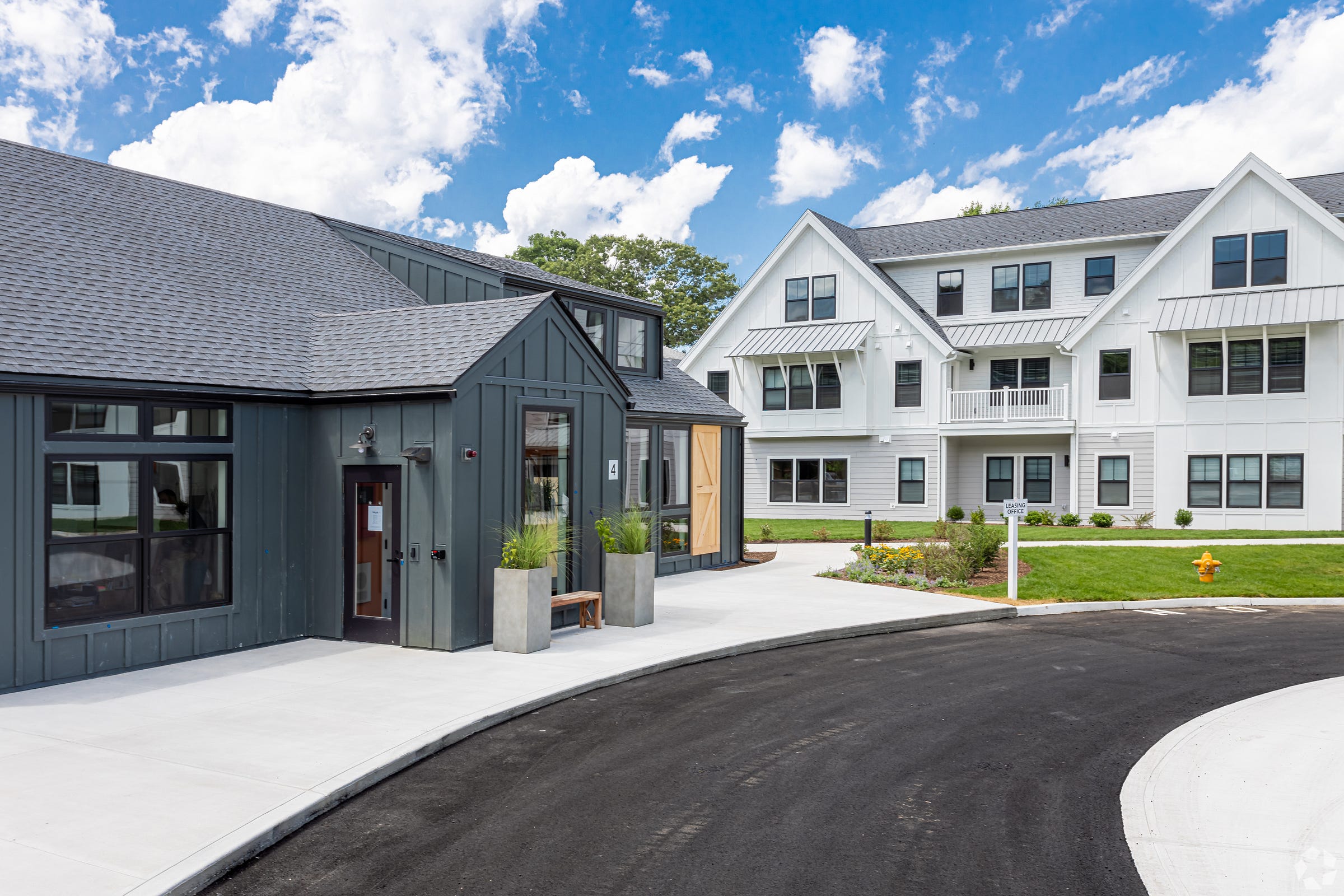
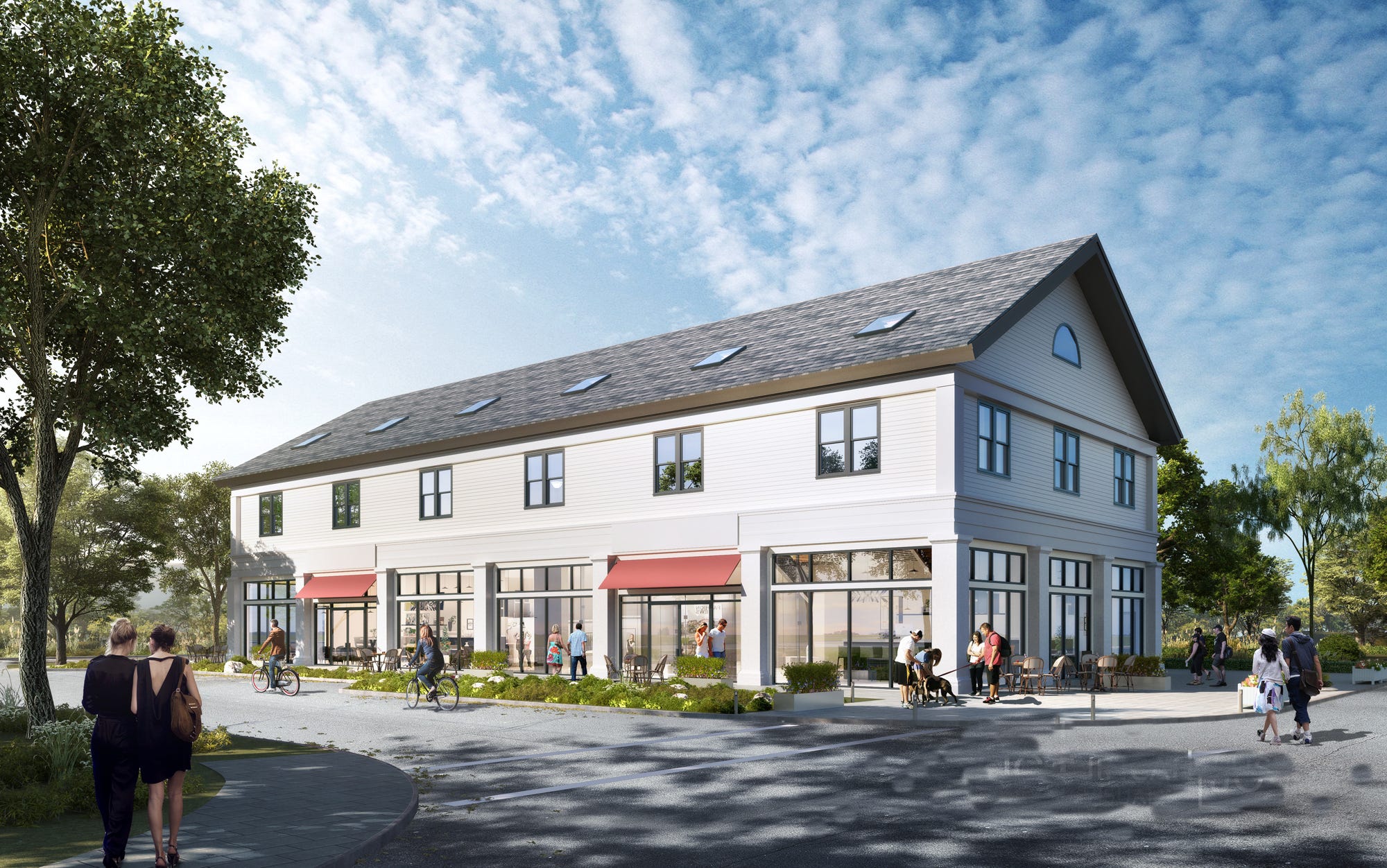
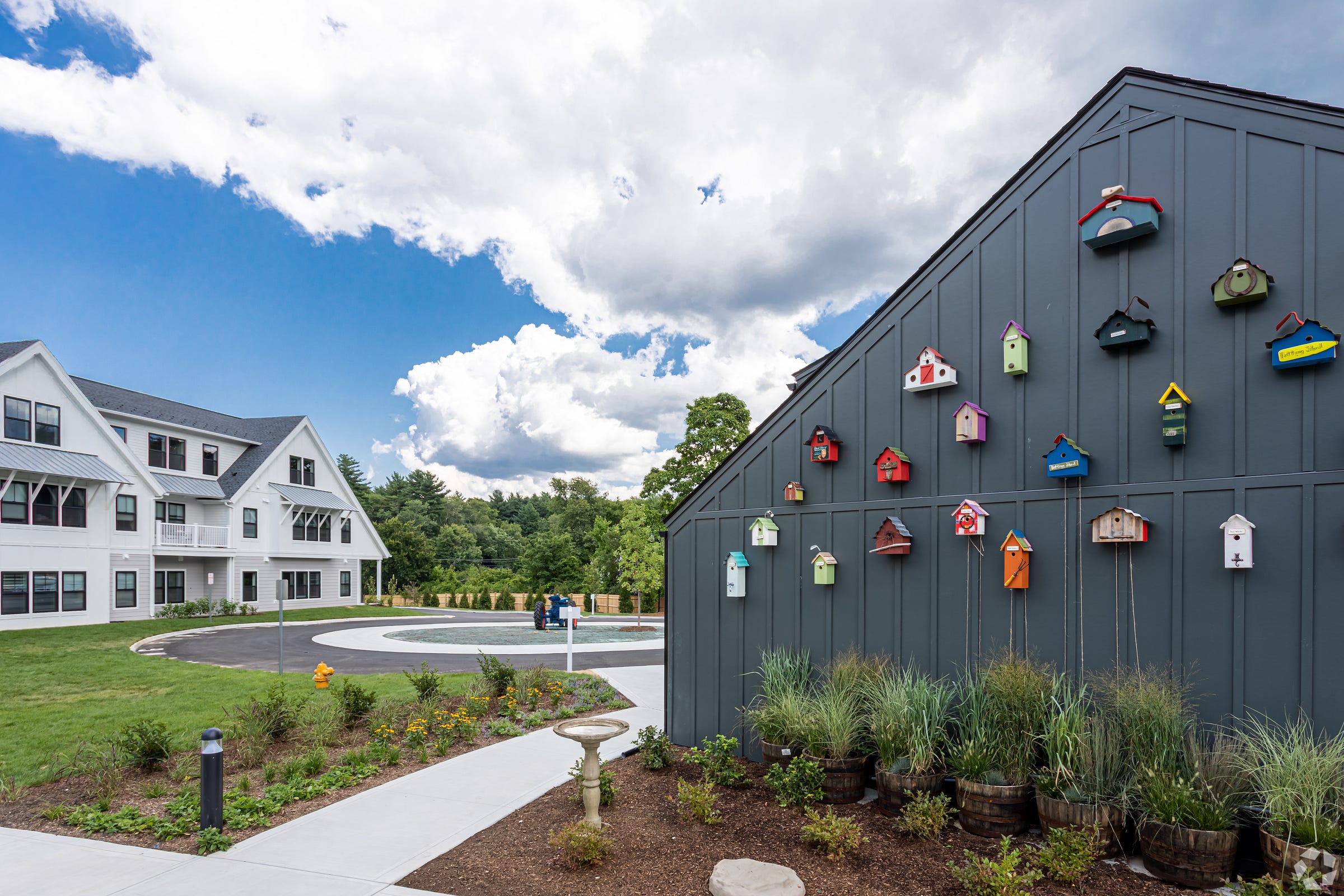
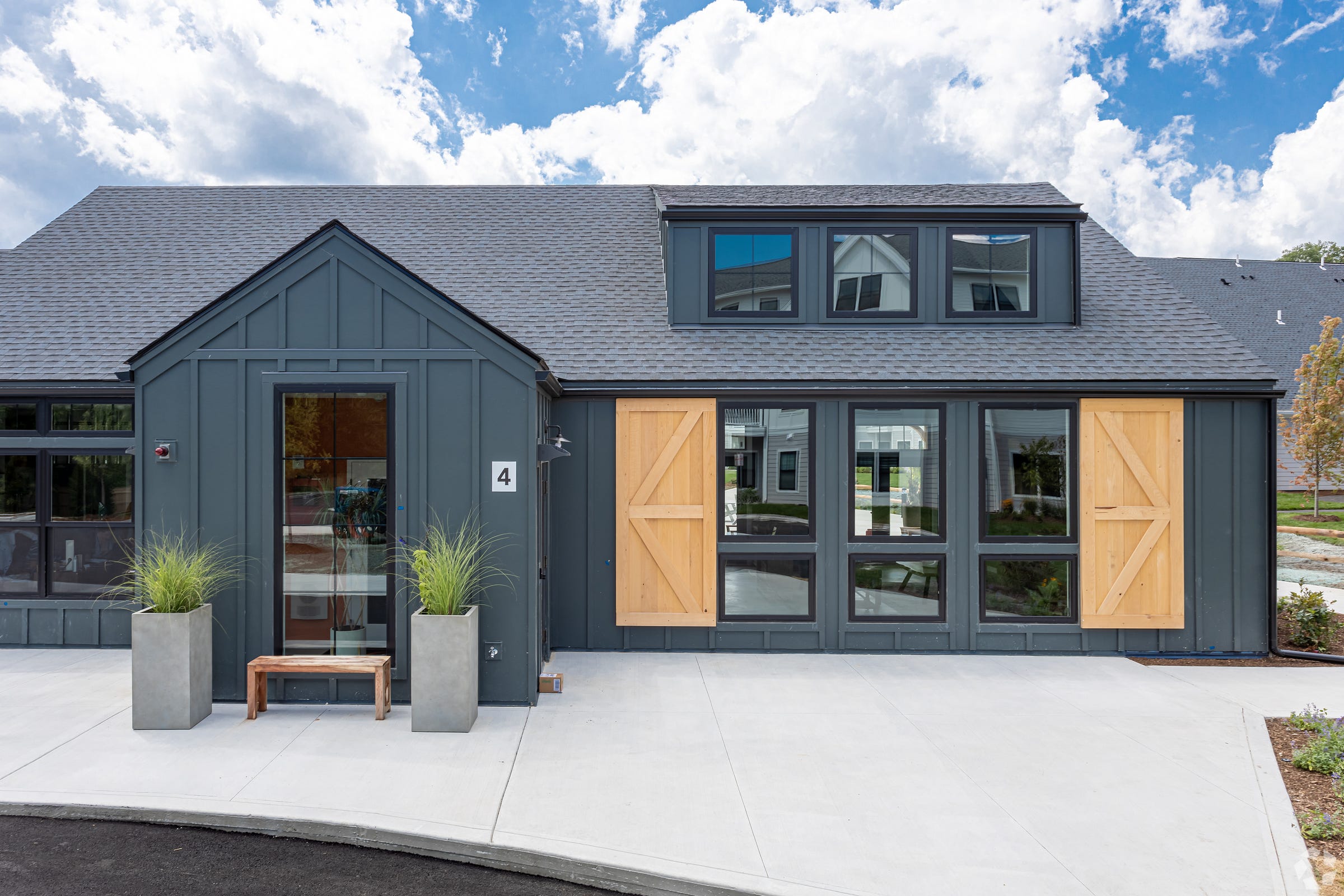
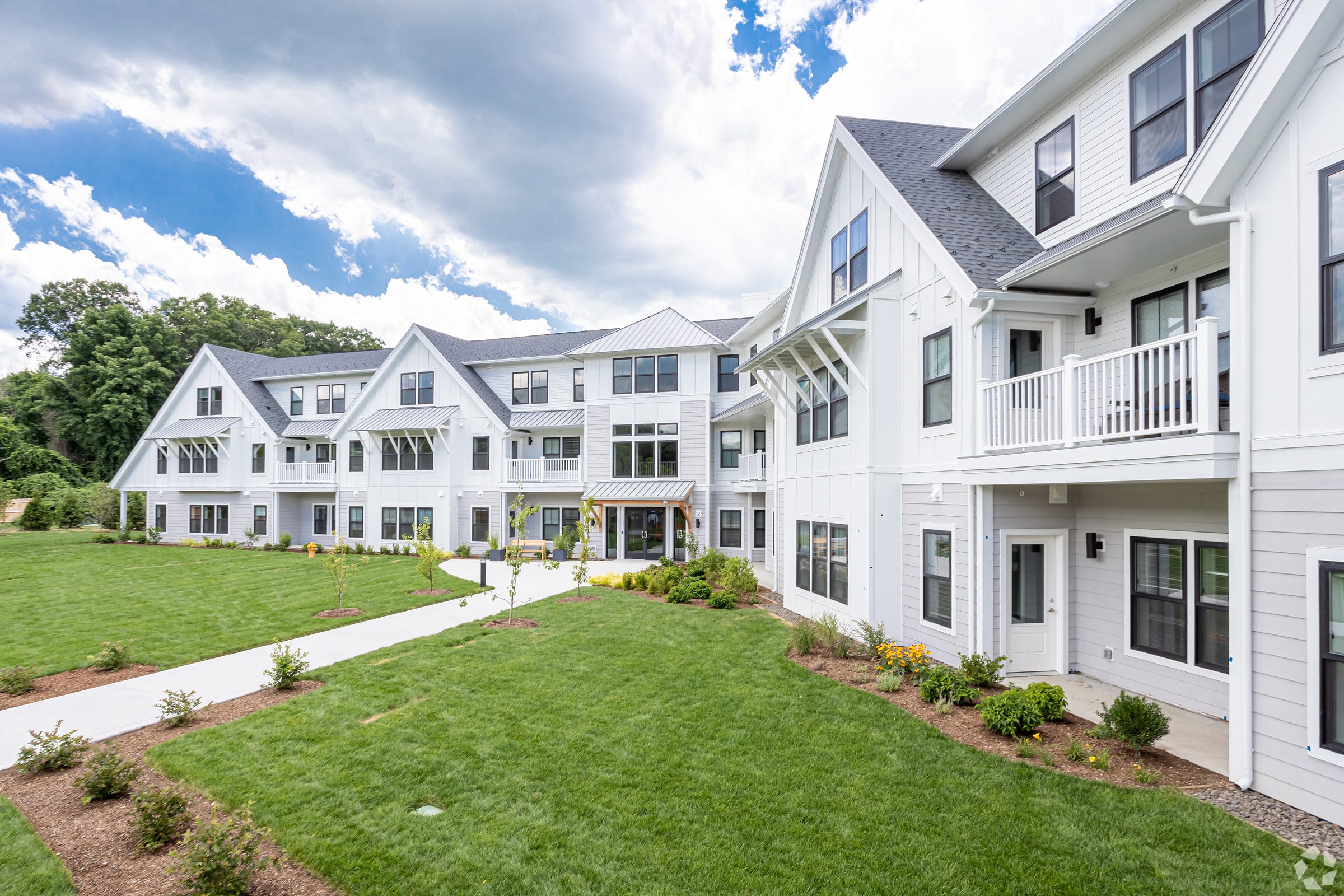






Enjoyed our conversation Andrew and Jake!